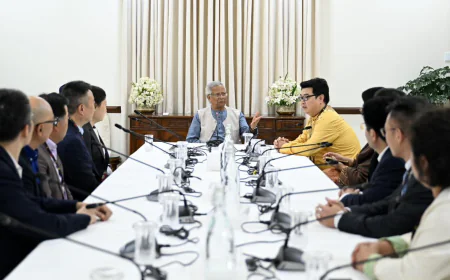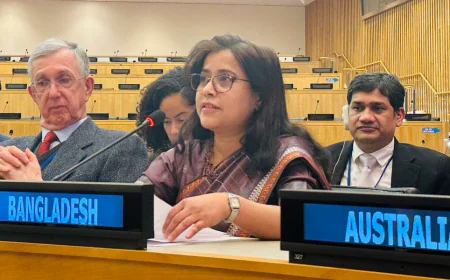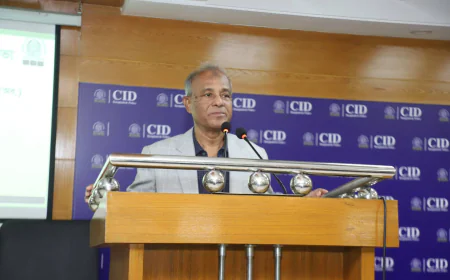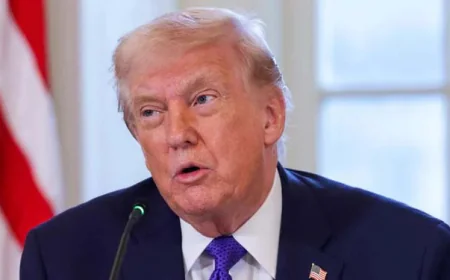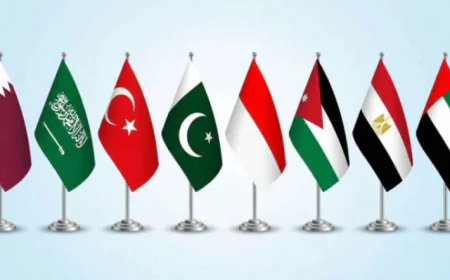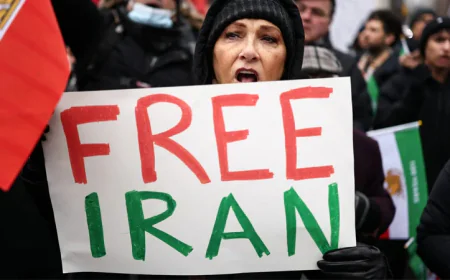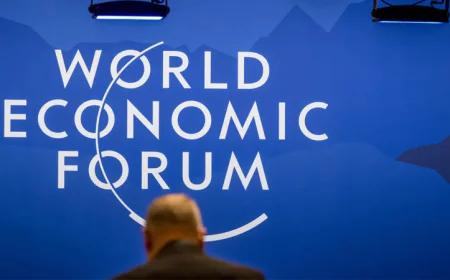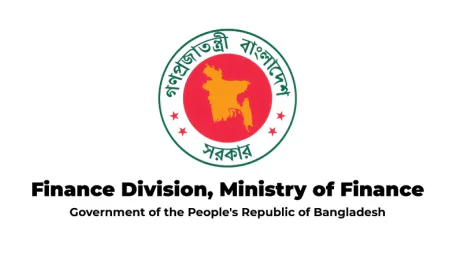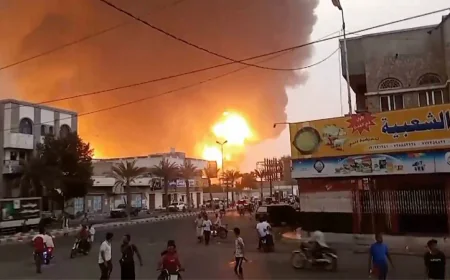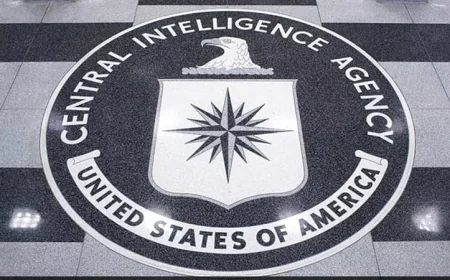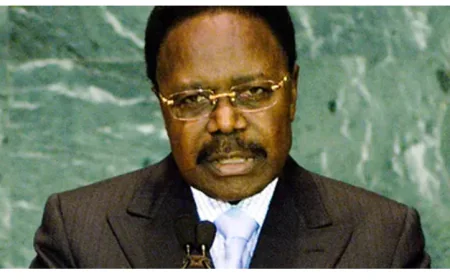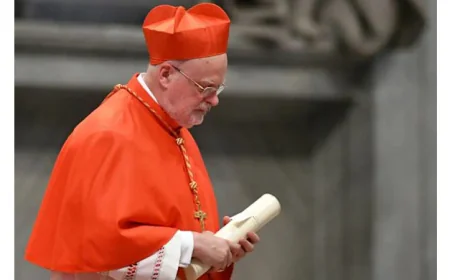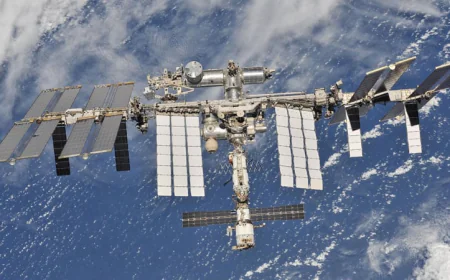Did U.S. Accept Iran's Tough Conditions by Pressure?
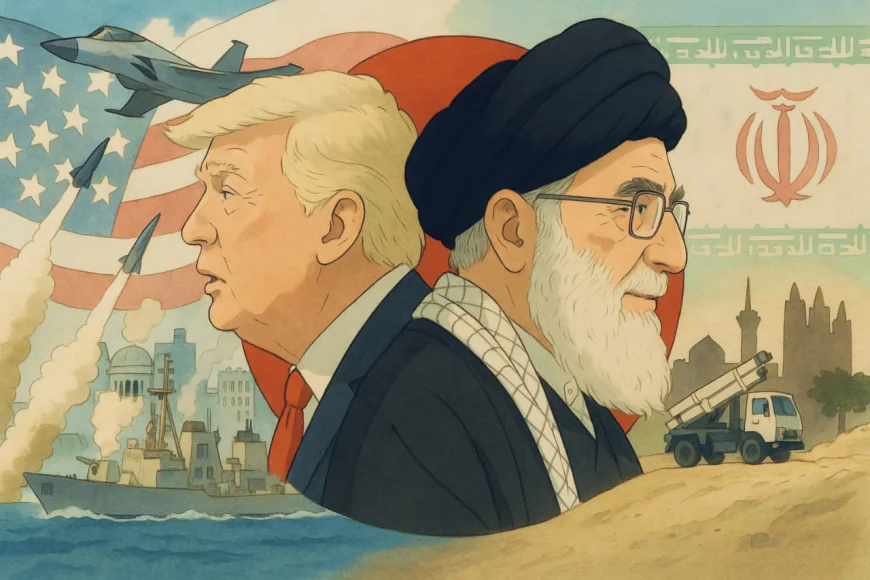
Iran and the United States are once again at the heart of Middle Eastern and global diplomacy. Although tensions between the two countries had recently escalated over Iran’s nuclear program, there have been some signs of positive developments. Sources indicate that the U.S. has partially accepted some of Iran’s tough conditions, although no official announcement has been made by either side yet.
In 2015, the historic Joint Comprehensive Plan of Action (JCPOA), commonly known as the Iran nuclear deal, was signed. However, in 2018, the United States unilaterally withdrew from the agreement under President Donald Trump. Since that decision, U.S.-Iran relations have deteriorated significantly. Trump subsequently implemented a "maximum pressure" strategy, imposing economic sanctions that devastated Iran’s economy.
Since the beginning of 2025, Iran has repeatedly stated its willingness to return to the nuclear agreement—but only on its own terms. Tehran has demanded that the U.S. lift sanctions and fulfill previous commitments before any renegotiation. Iran’s Supreme Leader Ayatollah Ali Khamenei has declared, “No pressure—only equality and respect form the basis of Iran’s diplomacy.”
Iranian Foreign Minister Hossein Amir-Abdollahian has stated that indirect communication with the U.S. is ongoing. However, he emphasized that Iran wants to see “concrete actions” before committing to any new deal.
U.S. President Joe Biden has expressed, since the beginning of his term, a desire to return to the agreement with Iran. However, his administration is aiming for a “longer and stronger deal.” While Washington has not officially accepted Iran’s conditions, it has recently hinted at easing some sanctions—particularly in humanitarian sectors such as aid, medicine, and food imports.
Diplomatic sources say that under the mediation of Oman and Qatar, secret talks have taken place between Washington and Tehran. In those discussions, the U.S. reportedly responded positively to several of Iran’s demands.
Analysts believe that ongoing Middle Eastern tensions—especially the Israel-Gaza conflict, Hezbollah’s activities in Lebanon, and Houthi attacks in Yemen—have led the U.S. to avoid escalating tensions with Iran on yet another front. Andrew Smith, an analyst from the Washington-based think tank Middle East Policy Council, commented, “The U.S. is now seeking a ‘pragmatic compromise.’ They know the pressure strategy has failed. What’s needed now is a realistic diplomatic solution.”
Although neither country has officially announced the signing of any agreement, both nations’ diplomats have been spotted in Europe on multiple occasions—particularly in Switzerland and Austria. Sources suggest a final deal has not yet been reached, but an interim understanding appears likely.
Several international media outlets have reported that under the new deal, Iran has agreed to reduce its uranium enrichment from 60%, and proposed granting international inspectors increased access. In exchange, the U.S. is considering lifting several key sanctions.
Despite their fierce rivalry, if the U.S. and Iran can reach an agreement based on mutual interests, it could bring a wave of peace not only to the two nations but to the entire Middle East. However, the durability of that peace will depend on the political will and mutual trust of both sides.
